SMART HOTEL
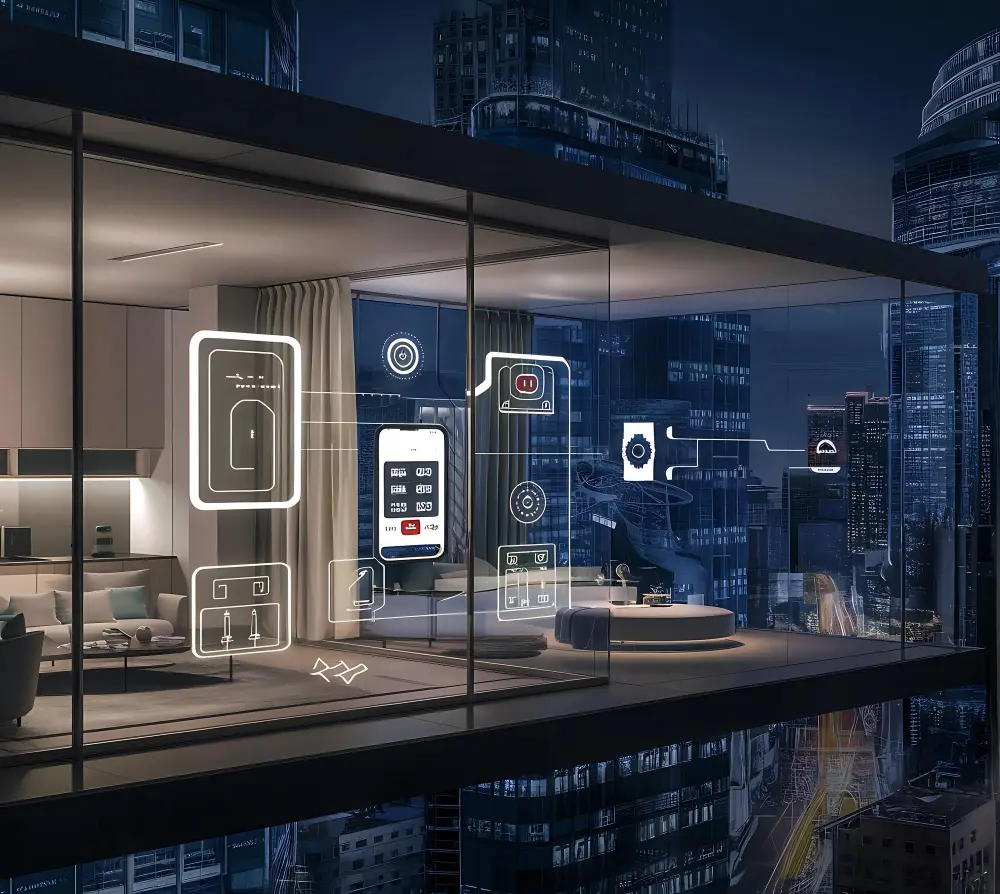
Hotels operate in a highly competitive industry where guest experience, operational efficiency, and sustainability define profitability. Running a hotel involves managing hundreds of rooms, common areas, kitchens, and back-end systems—all consuming vast amounts of energy, water, and staff resources. Many properties face similar challenges
Solutions with NexAscent sensors
NexAscent provides sensors or end-to-end solutions.
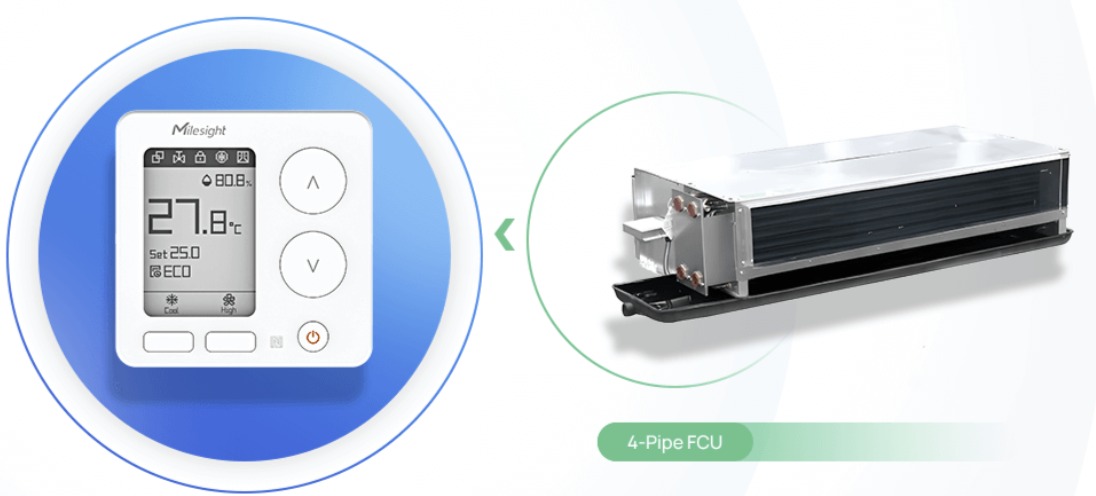
01.
FCU Thermostat Control (WT101/WT201 + relays)
Smart thermostats integrated with occupancy sensors automatically regulate air-conditioning. When a guest leaves the room, the FCU switches to eco mode, preventing energy waste. When the guest returns, the system resumes comfort settings.
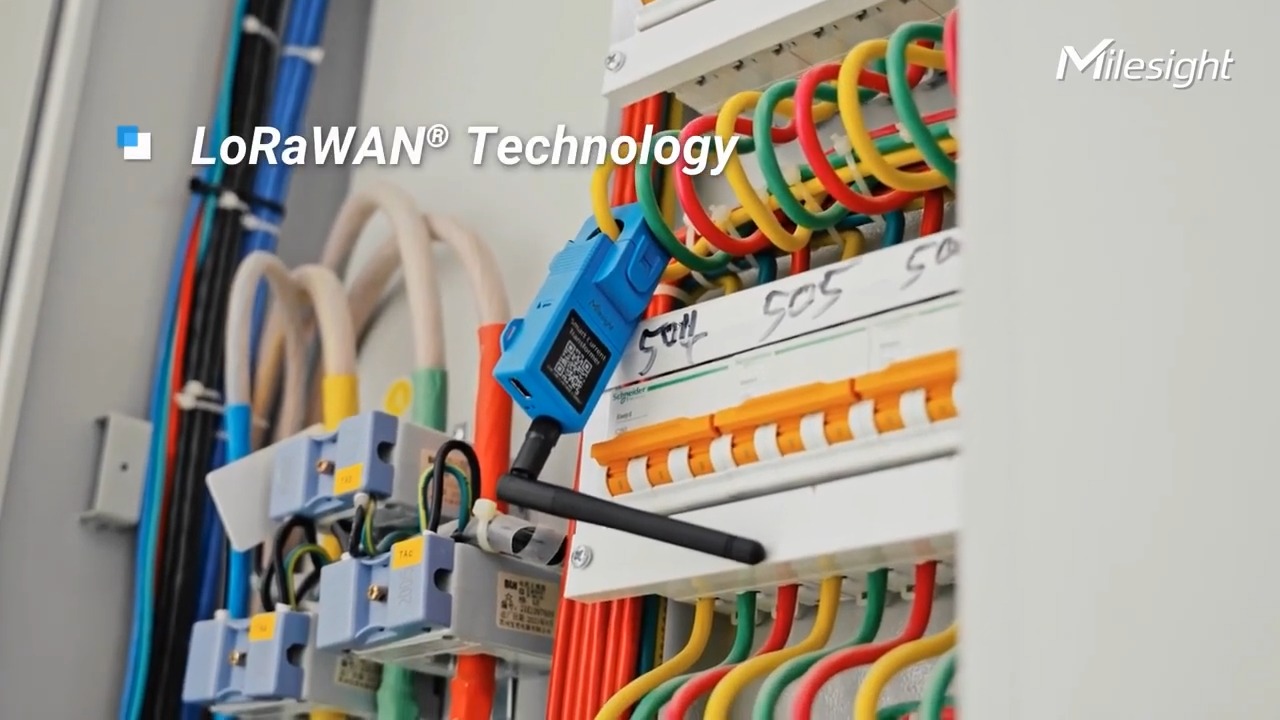
02.
Smart CT Clamp Energy Monitoring (CT-10X, CT-30X)
Clamp-on current transformers provide real-time visibility into electricity consumption of FCUs, kitchen equipment, or lighting circuits. Data collected helps identify high-consumption areas, faulty equipment, or opportunities to implement energy-saving strategies.
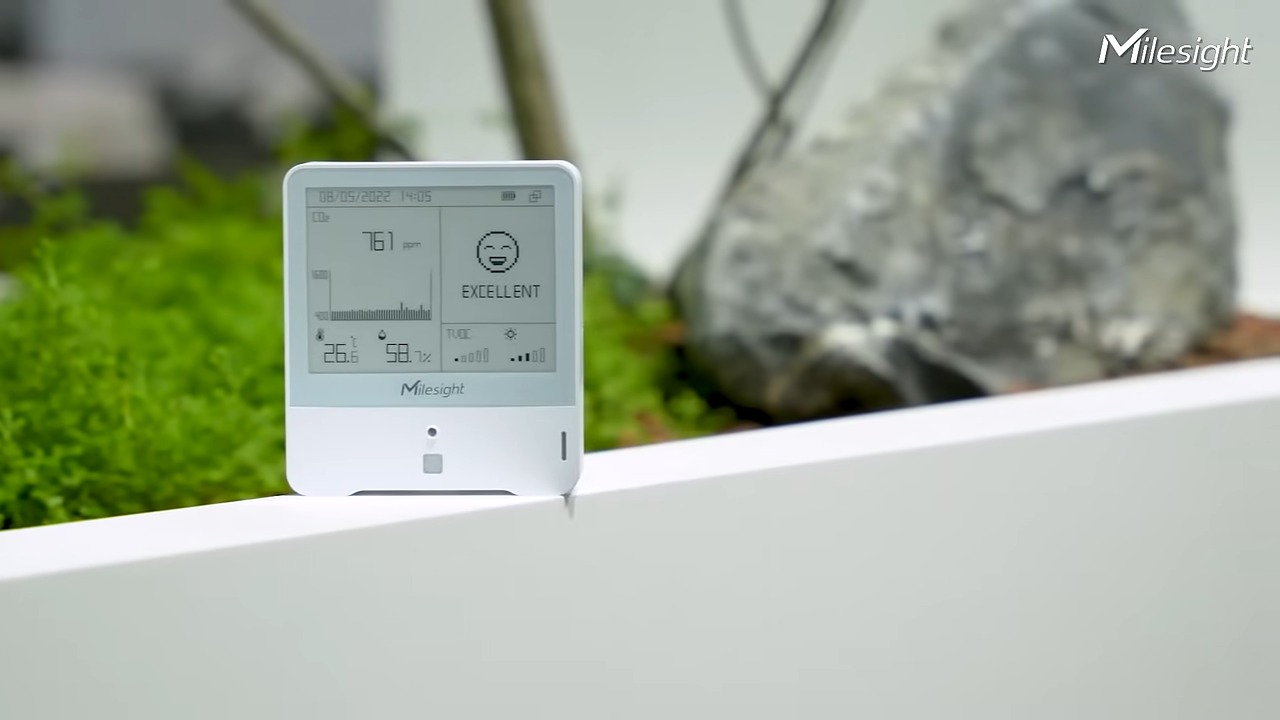
03.
IAQ Sensors (AM102, AM103, AM307, AM308, AM319)
These monitor CO₂, VOCs, humidity, and temperature in guest rooms, meeting rooms, and lobbies. Automated control of ventilation ensures consistent comfort levels, reducing complaints about “stuffy rooms” while optimizing energy use.
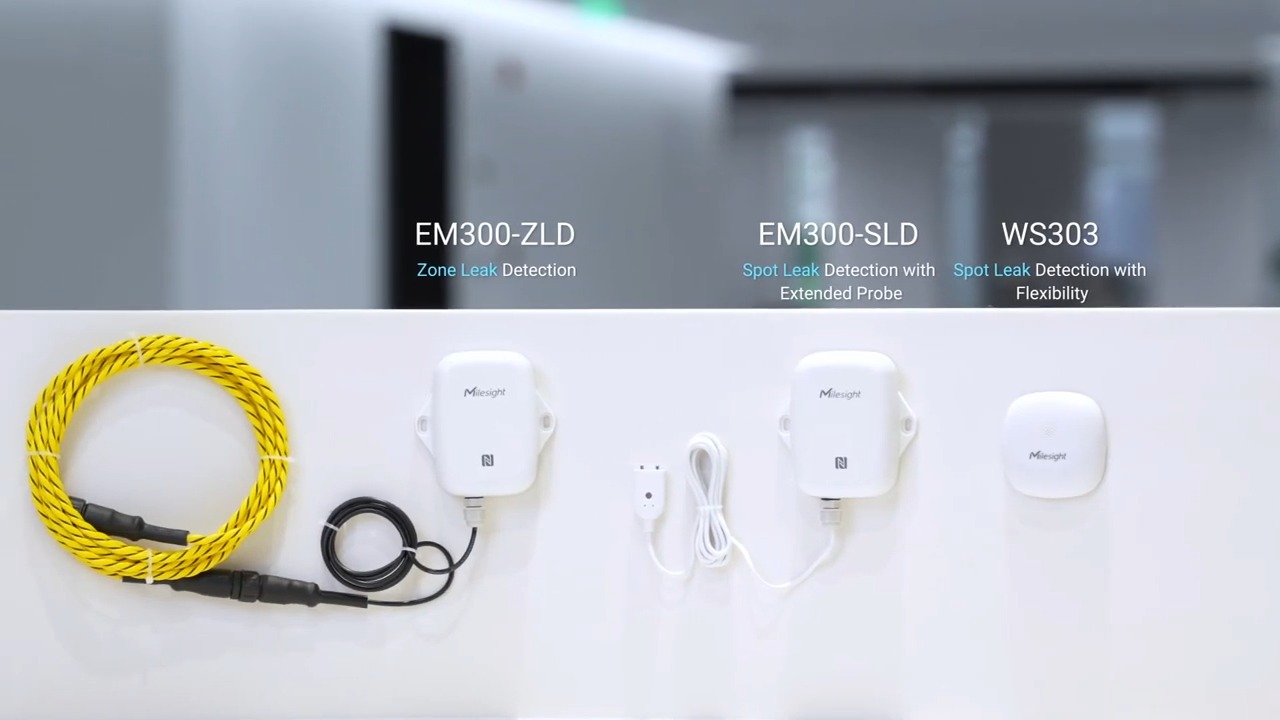
04.
Leak Sensors (WS303, EM300-ZLD, EM300-SLD)
Placed under sinks, near AC drip trays, or in utility rooms, these detect water leaks immediately. Alerts are sent to housekeeping or engineering staff, preventing escalation into major damage or guest disruption.
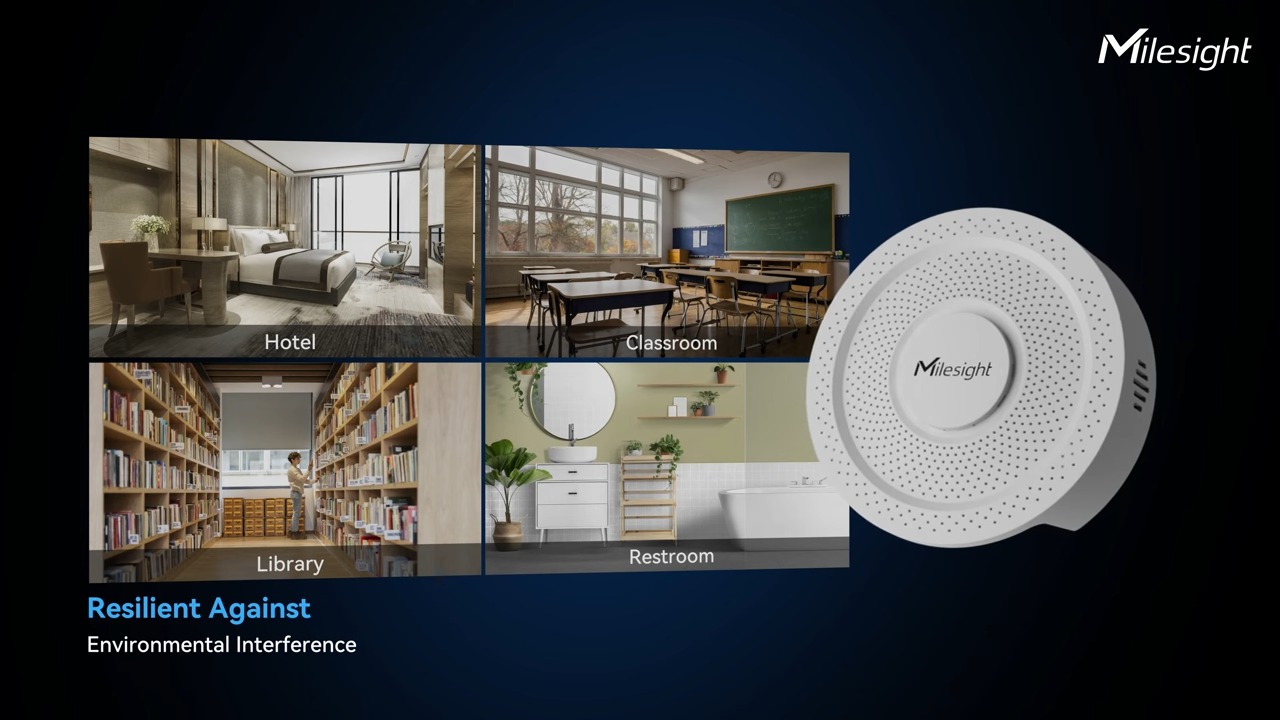
05.
Vape Sensor (GS601)
The vape sensor detects cigarette smoke and vapor in restrooms, guest rooms, or restricted areas using advanced laser particle sensing and gas detection technology. It helps facility managers and hotel operators enforce non-smoking policies, improve indoor air quality, and prevent odor or fire hazards. When vaping or smoking is detected, alerts are immediately sent to the security or housekeeping team for quick action.
ROI and Business Case
Smart hotel solutions deliver quantifiable returns across multiple dimensions
Energy Savings (20–30%):
Occupancy-driven FCU thermostat control alone can reduce cooling energy by up to 30% per room. For a 500-room hotel, this translates into six-figure annual savings on electricity bills.
Asset Protection
Early leak detection prevents water damage that could cost tens of thousands of dollars per incident. Avoiding guest relocation or compensation further protects revenue.
Operational Efficiency
Real-time monitoring enables predictive maintenance, reducing unplanned breakdowns and extending asset life. Staff no longer waste time on unnecessary checks.
Guest Experience & Ratings
Comfortable, clean air and consistent room conditions directly influence online reviews. Higher ratings on platforms like Booking.com or TripAdvisor drive bookings and brand loyalty.
ESG & Compliance
Automated energy and IAQ reports support certification under Green Mark, LEED, or WELL, enhancing the hotel’s sustainability profile and attracting environmentally conscious guests.
Low TCO (Total Cost of Ownership)
With LoRaWAN, sensors can run for 5–10 years on batteries, minimizing maintenance overhead and cabling costs.
Conclusion
LoRaWAN solutions transform hotels into data-driven, guest-centric, and sustainable operations. By addressing the biggest cost drivers—HVAC, energy, and water—while enhancing guest comfort through IAQ management, hotels can achieve both operational excellence and superior customer satisfaction. The ROI is clear: reduced energy bills, fewer incidents, optimized staff efficiency, and stronger ESG positioning.
In an industry where margins are tight and guest reviews shape reputation, smart hotel solutions are no longer optional—they are a competitive advantage.
